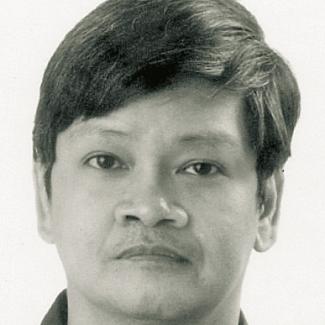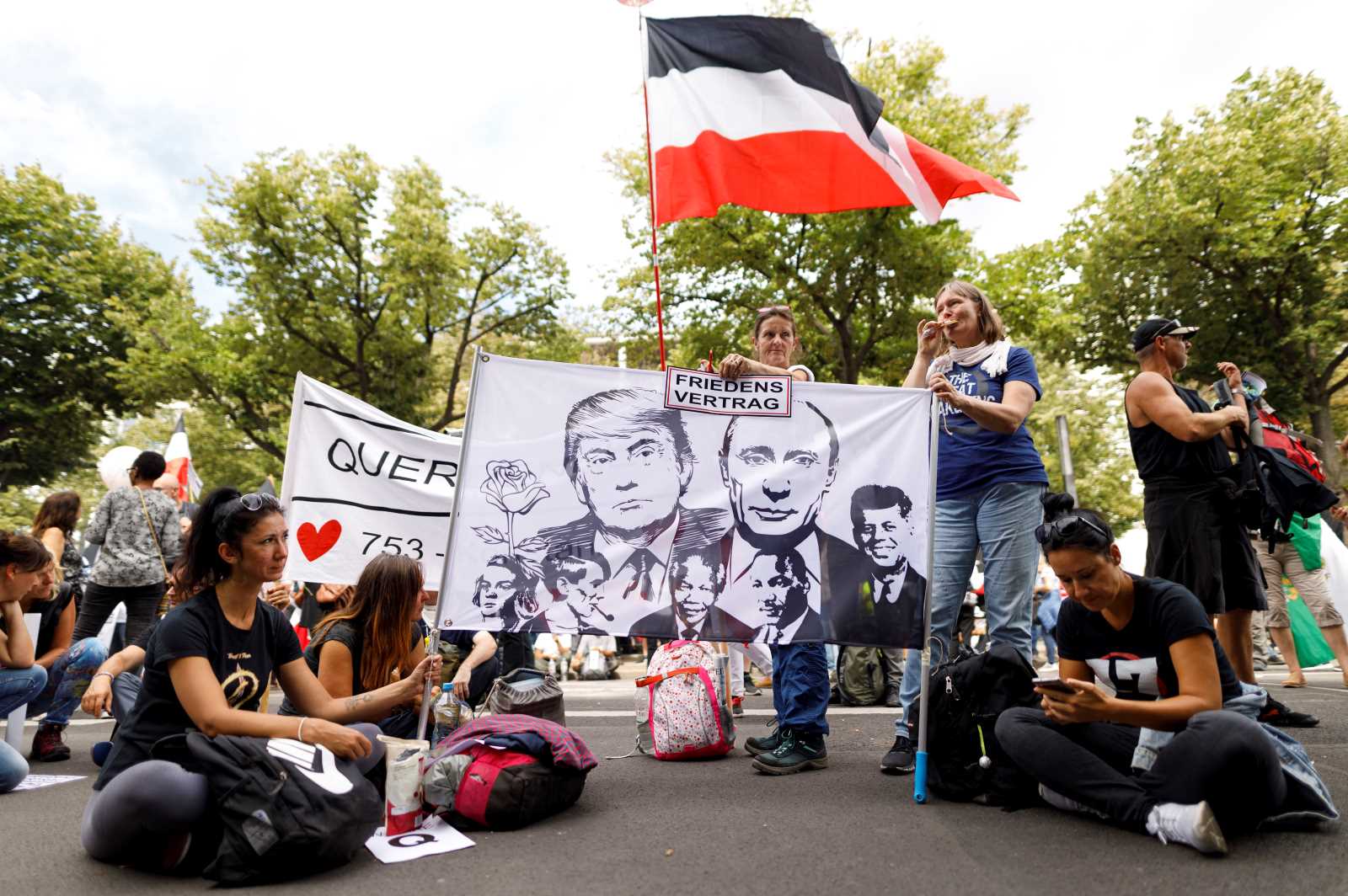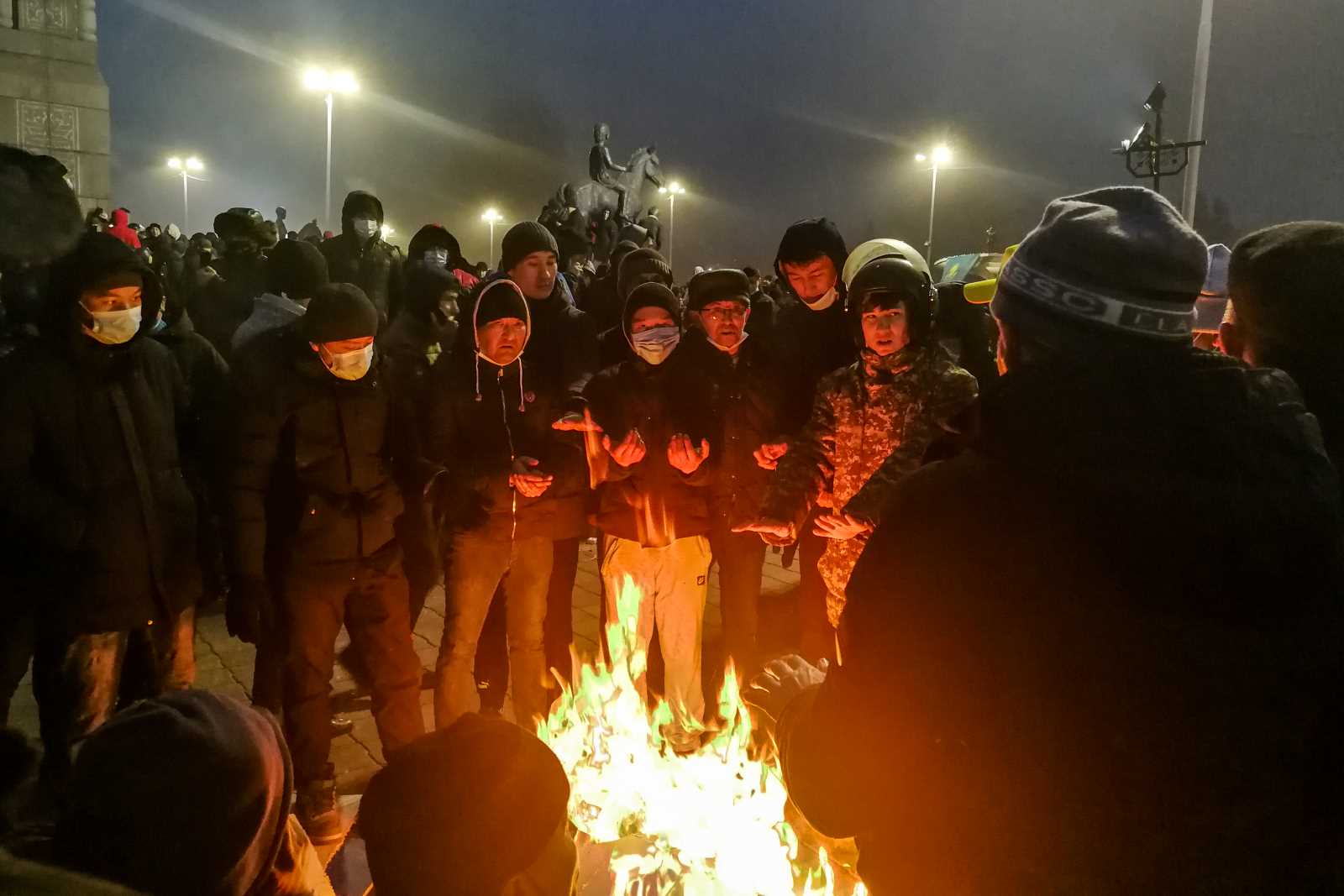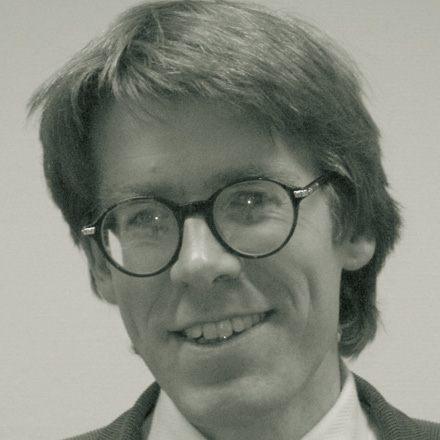Authoritarian rule
Fact and fiction
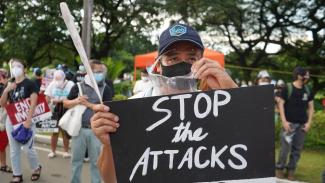
Rodrigo Duterte, the president of the Philippines, straddles two centuries. On the one hand, he is a classic “Third World Dictator” of the 20th century. On the other, he owes his rise to Facebook, the multinational internet corporation of the 21st century.
Duterte is probably the first president ever to be elected thanks to social media (Donald Trump may have been the second). Facebook played a decisive role in shaping the Philippine leader’s image, attacking his opponents and deluding a large number of people (see box).
If one accepts Duterte propaganda, factual truth and fantasy become impossible to tell apart. Duterte’s image makers claim that “the people” love him and he is uniting the nation. The electoral records show that he won the presidency with a mere 39 % of the vote in 2016, and his aggressive rhetoric has stayed deeply divisive. The president wants everyone to believe that he is fighting corruption, but he filled his government with incompetent favourites.
According to Duterte, the Philippines is drowning in an illegal drugs crisis. According to human-rights groups, however, his supposed “war on drugs” has led to about 20,000 extrajudicial killings by the security forces and informal militias, with many victims being children, teenagers or elderly, but most likely not being linked to drugs in any way. The murders typically affect poor neighbourhoods, but Duterte critics also have reason to fear being shot.
Duterte has a long history of extrajudicial killings. In the 1990s, he was the mayor of Davao, a city then haunted by organised crime and illegal drugs trafficking. He relied on what was called the DDS – the Davao Death Squad. His followers have appropriated that acronym, only now they say it means “Duterte Diehard Supporters”.
The violence of Davao’s Duterte era has never been fully investigated. Impunity persists. His followers, however, see him as a determined maverick who can bring about change. By contrast, they dismiss his political opponents as ineffectual “trapos”. That is the slang word for traditional politicians, who belong to the classic, dynasty-building elite. Trapos use public office to promote their families’ interests, network among other privileged clans and look after their cronies.
A very traditional trapo
In office, Duterte turned out to be a very traditional trapo. He has even cosied up to the clan of the late Ferdinand Marcos, who ruled the country as military dictator from 1972 to 1986. Duterte’s son and daughter hold elective offices. His administration is full of his friends, including retired military and police officials from Davao. The government keeps handing out lucrative contracts to business allies.
None of Duterte’s bombastic vows has come true. In the election campaign, he promised to solve crime in three months, get rid of illegal drugs in six, eliminate graft in a short time and obliterate rice-supply cartels in a couple of weeks.
Policy failure, however, does not hurt the head of state. He keeps his supporters agitated by railing against adversaries, and his vulgarity is hard to overstate. He has ordered soldiers to shoot women rebels in their genitals, using an explicit anatomical word in public. He graphically described how, as a young man, he molested the family house help. He threatened to behead Benigno Aquino, the former president.
He has even repeatedly insulted the public, calling them dupes for believing his promises and admitting he was lying. “You believed THAT?” he has scoffed.
The president’s only unalloyed success is to have severely damaged Philippine democracy, which was never in good shape to begin with. Like that of the USA, after which it was patterned, the political system consists of a strong executive led by the president. Two independent branches of government, the judiciary and the legislative, are supposed to provide checks and balances.
Unrestrained president
Duterte, however, has packed the courts with his appointees, while the legislative consists of compliant allies and supporters. The two independent branches no longer constrain the commander in chief in any meaningful way. Indeed, legislators have granted Duterte limited emergency powers, sent one of his political foes to jail on trumped up charges, ejected a supreme court justice on an invented laughable norm violation, and shut down a TV network that Duterte loathed. The mainstream media have largely caved in to him.
Nonetheless, Duterte cannot feel safe. The reason is that public outrage has twice ousted presidents when masses spontaneously took to the streets – Ferdinand Marcos was toppled in 1986 and Joseph Estrada in 2001. “People power” could well arise once more. While there are recurring protests against Duterte, they have not coalesced to a forceful movement so far.
Internet trolling serves to maintain this state of affairs. The social-media activism of hundreds of thousands of trolls keeps the public confused and divided. They praise Duterte as “the father” or “the saviour” of the country, and attack anyone who dares to oppose him as “subversive” or a “drug addict”. This kind of online activism does not engage in serious debate. It only keeps on stoking anger and entrenching authoritarian rule.
While Duterte’s online support is strong, his ground game is not. At least twice since 2016, supporters have tried to mobilise mass rallies in Manila’s streets. They suggested 10 million would show up and call for a Duterte-led revolution, but only a few thousand did.
For democracy the stakes are high: social media can manipulate public perception of reality, leading users to question facts and erode their trust in science and rationality. It is creating the impression of mass mobilisation while crowding out interactions concerning real grievances. Other democracies should pay attention – right-wing populists around the world use the internet pretty much the way Duterte and his supporters do.
Alan C. Robles is a freelance journalist based in Manila.
Twitter: https://twitter.com/hotmanila
